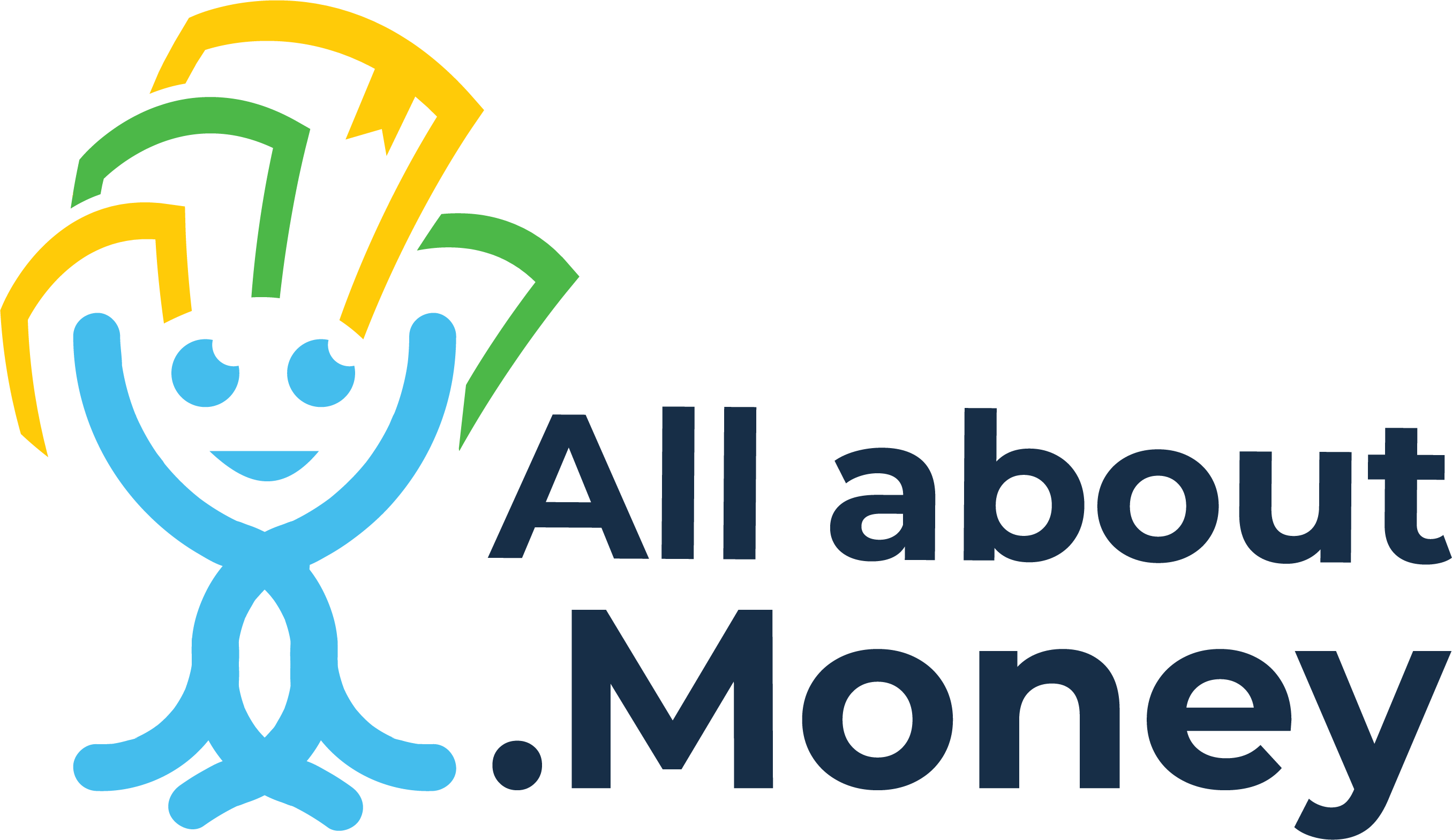Money Myth # 1: Investing is only for rich people
Investing is for everyone and it has never been easier and more cost-effective to invest. Even if you can only invest a few dollars a month, the important thing is to get started to make use of compounding interest and to have funds available for important goals (e.g. buying a home, retirement). Setting up an automatic contribution from your bank account with each paycheck is a great way to automate investing and to benefit from dollar-cost averaging. Before you invest, eliminate high-interest debt, establish an emergency fund to always have access to cash, and max out your employer 401K contribution. Monthly budgeting is a great tool to identify funds available for saving and investing.
Money Myth # 2: Investing is too risky
Investors operate on a risk-return function on which higher returns are associated with higher risks. Risk creates the potential for returns and taking no risk at all (e.g. via an FDIC insured checking account) means that you will have difficulties keeping up with inflation. Diversification (e.g. via low cost index funds) greatly reduces risks as does setting up recurring purchases (dollar-cost-averaging) to not purchase at market tops with larger amounts. Younger people should take higher risks compared to people nearing retirement. Target date funds account for this by shifting assets from stocks towards bonds over time.
Money Myth # 3: “Carrying a balance on your credit cards helps to increase your credit score.”
Carrying balances on your credit cards can lower your credit score. In addition, you pay high interest on your balances. Your goal is to demonstrate that you are trustworthy with money. Making purchases and then paying off the resulting balance accomplishes this. Your utilization rate (credit card balance/available balance) is responsible for almost a third of your credit score, so paying down balances will improve your credit score. The average utilization rate for consumers with a FICO score of 750 is 32% and you should strive to keep your utilization rate below 30%. Top FICO scorers keep it below 10%. Ideally, you pay off your balance in full every month.
Money Myth # 4: “Everyone should have Life Insurance.”
Life insurance is necessary only if you have children or a spouse depending on your income. Life insurance is a very profitable product and insurance brokers may be more concerned about their commission than your insurance needs. When at a later point customers may be unable to afford payments, Insurers stand to benefit, either via abandoned policies or via customers electing to receive the cash value of their whole life insurance (minus a surrender charge), forfeiting future benefits. When buying life insurance, compare multiple offers. The policy should be large enough to pay for outstanding debts, everyday living expenses and future expenses (e.g. tuition).
Money Myth # 5: “My Credit Card is as good as an Emergency Fund.”
Available Credit on your Credit Cards is not a replacement for an emergency fund.
Credit Card Issuers can reduce or cancel your available credit at their discretion. Just read the cardholder agreement. This is common during recessions or if cards are not used for an extensive amount of time.
By using Credit Cards, you are borrowing money to cover an emergency. That amount has to be paid off with interest later on, likely making a bad situation worse. It is better to be prepared and have funds available you set aside when money was available to you.
Reducing your available credit (maxing out) for an emergency will significantly reduce your credit score, making getting additional credit difficult or very expensive.
Credit Cards don’t work in all situations. Many contractors (leaking roof) don’t accept credit cards. They also tend to be less useful in rural areas and during and after natural disasters.
An Emergency fund provides peace of mind and helps to avoid expensive borrowing decisions (e.g. payday and car title lenders). An emergency fund should be transferable into cash without fees. A high yield savings account or money market account are good options. An emergency fund should be kept separate from your everyday funds. Setting up automated contributions makes saving for emergency funds easier. An emergency fund should cover 3 to 6 months of living expenses. Using available credit should not be Plan A.
